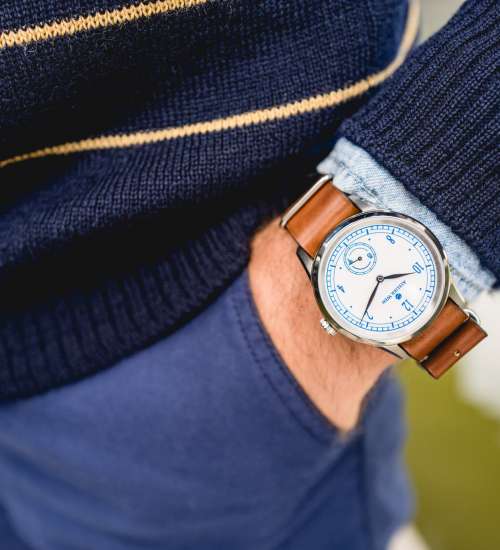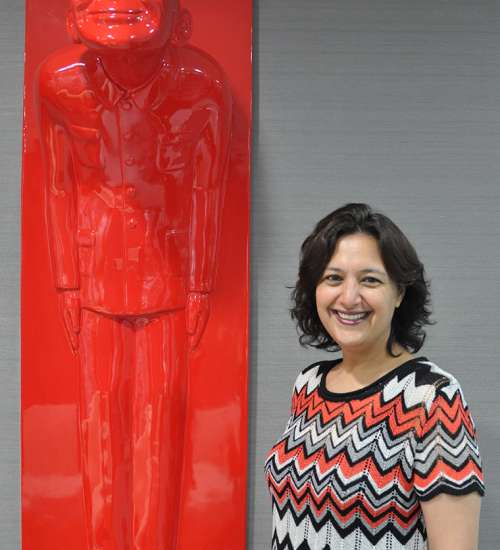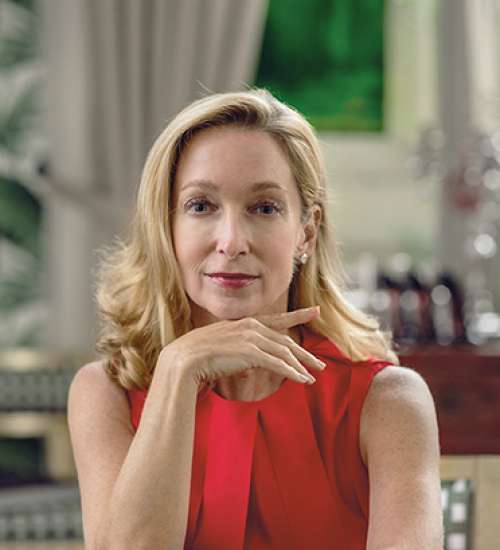My answer over the years has been consistent: A luxury business is one driven by quality, know-how and passion, always striving for excellence and pushing creative boundaries. Luxury businesses represent almost any industry or product category at its most sophisticated level and serve as an inspiration for others to go beyond the norm.
The definition of luxury does not vary, it certainly evolves with time, but at the heart, remains the same in all markets, across product categories. It has different scales depending on the segment but will always follow the same universal rules: A constant search of perfection, prioritizing quality, creativity and know-how. All of which take time, dedication, vision and hard work.
Perhaps what has changed over time is how affluent consumers are now increasingly looking toward defining themselves by experiences rather than goods. HNWIs are now, more than ever, reassessing their priorities in life, leading them in search of unique experiences that reflect these life values.
A luxury experience should be first and foremost personal, comfortable and knowledgeable. We often associate the luxury segment with high prices, glittery runway shows and experiences. But this concept of luxury is not totally accurate.
I have been working in luxury for more than 15 years in various industries from hospitality, high touch services working alongside private services providers to wealthy families, high end goods distribution and now, venturing into the luxury digital space.
From the many years I have dealt with the HNW segment, I have always noticed how they prefer simple and genuine experiences provided by people with a high level of knowledge. This is the essence of true luxury because you are in a comfortable environment and the experience you are privy to is executed at the most sophisticated level.
For almost two decades, I have learned and observed what products and services the HNW and UHNW consumers are after, how they wish to be approached and what would trigger their interest. This has been one of the pillars of how our digital business has been shaped.
We are an intermediary to the luxury world. Our goal is to provide, in the best context possible, curated experiences, products and stories from what we deem to be the finest craftsmen and service providers across the globe. We are strong in art de la table today, but our model can be applied to any type of goods or experiences and aim to work our way toward eventually becoming the aggregator of all the finer things in life.
The approach we have taken for years with a traditional model of goods distribution and access to services is now transferred into our newly launched digital ecosystem, Keyyes, allowing us to scale brand's awareness but at the same time, provide an intimate access of our offering to the consumers into a complex new ‘virtual’ world.
The majority of the industry has gone through more changes in the last two decades than it has for a century before. Brands have been forced to develop a global footprint with brick and mortar businesses but also digital ecosystems to continue to be relevant.
Not that long ago, unless you were amongst the very few ultra-rich and famous, you would never have thought to walk into a prestigious brand's store and ask them to personalise a pair of shoes or call a distillery to have them make your own barrel of fine whisky. But today we all want to feel special and be accorded access to such privileges.
With the arrival of technology a lot has changed, the choice for anyone today is immense. As such, brands have to constantly develop new ways to be attractive in order to avoid dilution.
Every industry, work force and business model is facing change today – the digital step is only the first of many to come.
Singapore has suffered in recent years from its market limitation due to its relative small size versus other Asian markets such as China or Japan. Brands tend to channel more efforts towards these countries and consequently accord less diversity and access in terms of product selection to Singapore consumers. But things change rapidly, and recently, the city-state has managed – through its growing population of HNWI and upmarket positioning – to attract more and more brands, many of which are inclined to treat this market as equal to larger ones.
Additionally the government is putting a lot of emphasis over its digitalization and without a doubt the wheel is turning as Singapore becomes a center of innovation and continues to provide a great environment for companies to develop themselves.
So how do you cope and overcome with the changes and challenges? We have to either evolve or are doomed for failure. This involves changing the way we approach our business models, the way we work with our partners and the way we approach and service consumers. As we are linked to many different categories of the luxury industry, we can see first-hand how incredibly difficult it is for many brands to accept change. This is largely due to the fact that taking the wrong step or approach could easily destroy a hundred of years of hard work and brand building.
With our group and our proven track record, we aim to help luxury brands by accompanying them on this journey of digitalisation. We build their position into our ecosystem step by step. It takes time, dedication and a deep understanding of their brand vision. This is the only way we gain their trust and the trust of the consumers.
The luxury business has been largely exposed now to a much larger audience and it is no longer the closely guarded industry it used to be. Regardless of segment, luxury brands had to tell their stories, open their doors and reveal what goes on behind the scenes to showcase authenticity. The fashion industry started it two decades ago and other segments of the industry followed suite, which I think is a great thing.
Beyond exposing themselves much more, brands now have to also work on new ways to access a new generation of consumers and interest them. Social media, digital experiences, experiences in store, marketplaces...the digital transformation on the back of the arrival of AI are the great challenges the brands need to overcome.
In Singapore the real challenge is to continue to help brands in this transformation and become a safe hub where they can innovate, access a growing base of HNWI and use the city as a flagship to the rest of Asia or even globally.
Luxury will always be an important part of our society and industry players will continue to adapt to new consumer's trends and find ways to stay relevant in the future.
Looking ahead, I believe that the combination of less waste and ease of access through technology will allow for a new era of luxury: One where we adopt the mentality of using a product as and when we need or want it, rather than making a purchase with the intent of owning for life. Trends move fast and consumers now want the flexibility to move with it. We share luxury homes, charter yachts, or take empty legs for private jet flights because we only want to “own” it when we need it -- technology enables us to do just that with ease, anywhere in the world whenever we want.
I believe it will be a great opportunity for Singapore to leverage on because of its positioning. It will be a perfect way to increase the general access to luxury and overcome the challenge of space constraints and affordability.










 Back
Back
